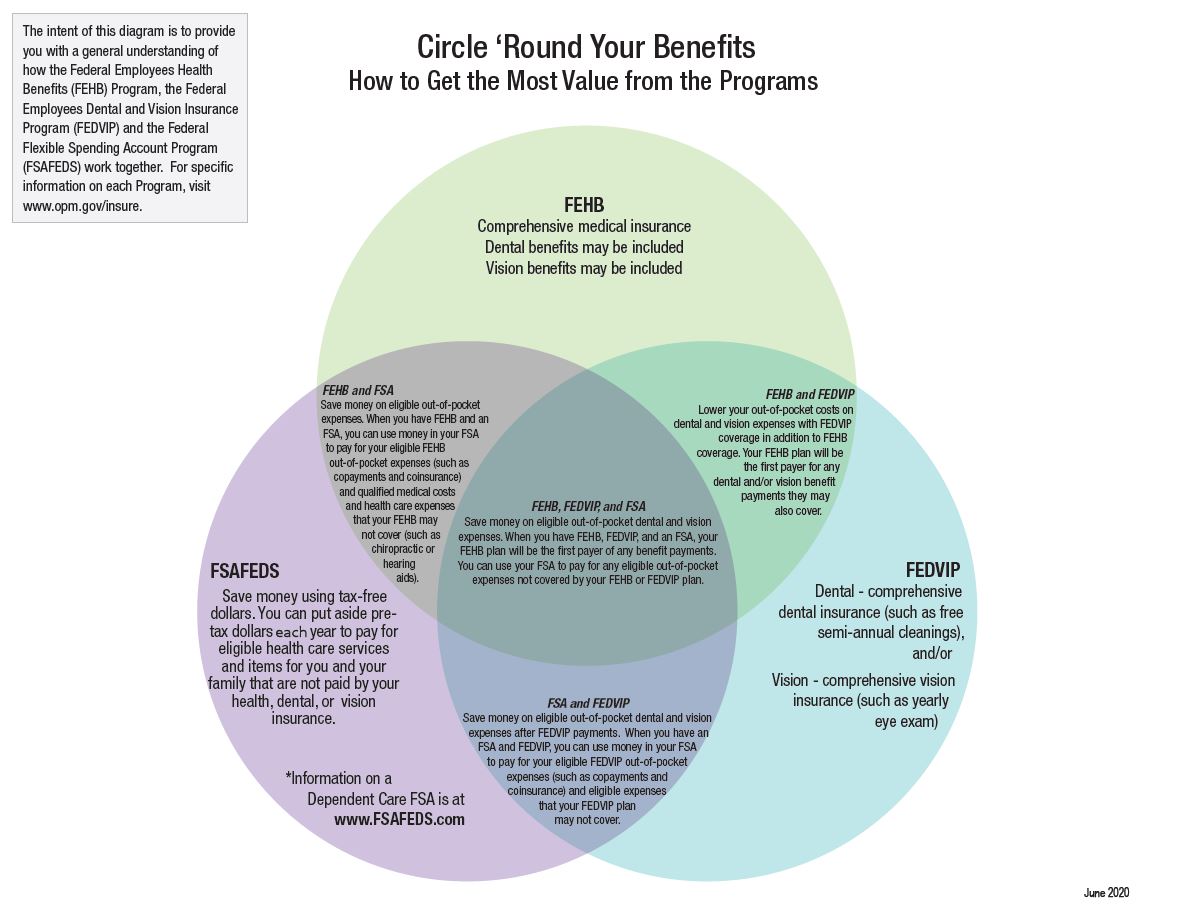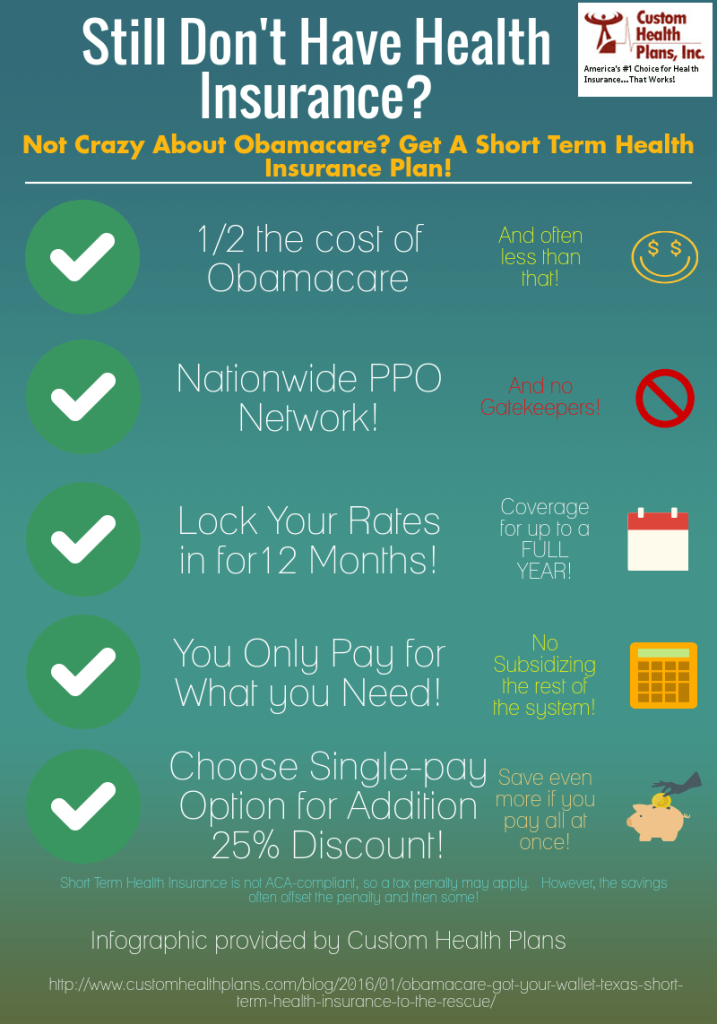The 9-Minute Rule for Medicare Advantage Agent
The 9-Minute Rule for Medicare Advantage Agent
Blog Article
Unknown Facts About Medicare Advantage Agent
Table of ContentsMedicare Advantage Agent Can Be Fun For EveryoneHow Medicare Advantage Agent can Save You Time, Stress, and Money.8 Easy Facts About Medicare Advantage Agent Described

complies with from confusing the reasonably young age profile of the without insurance with the far better health, typically, of more youthful individuals. This covers the link in between health status and wellness insurance coverage. For those without access to work environment health insurance policy, poor health and wellness is a potential obstacle to purchasing nongroup protection because such protection might be highly priced, leave out preexisting conditions, or be merely unavailable. The variety of without insurance Americans is not especially huge and has not altered over the last few years. 7 out of ten respondents in an across the country depictive study believed that less Americans did not have medical insurance than actually do(Fronstin, 1998). Approximately fifty percent(47 percent )thought that the variety of people without medical insurance decreased or remained constant over the last fifty percent of the last years(Blendon et al., 1999). This decrease of nearly 2 million in the variety of people 'without insurance coverage (a decrease
of around 4 percent)is absolutely a positive change. With a softer economic climate in 2000 the most up to date reported gains in insurance policy protection might not continue(Fronstin, 2001 ). The decline in the number of uninsured will not continue if the economic climate This Site stays sluggish and healthcare expenses remain to exceed rising cost of living. This is due to the fact that the information were accumulated for a duration of solid financial efficiency. Of the estimated 42 million people who were uninsured, just about about 420,000(regarding 1 percent)were under 65 years of age, the age at which most Americans become eligible for Medicare; 32 million were grownups in between ages 18 and 65, around 19 percent of all grownups in this age group; and 10 million were kids under 18 years of age, about 13.9 percent of all children (Mills, 2000). These price quotes of the variety of persons uninsured are created from the yearly March Supplement to the Present Populace Survey (CPS), carried out by the Demographics Bureau. Unless otherwise noted, nationwide price quotes of individuals without health and wellness insurance coverage and proportions of the populace with various type of protection are based on the CPS, one of the most commonly utilized source of price quotes of insurance policy coverage and uninsurance rates. These studies and the quotes they yield are defined briefly in Table B. 1 in Appendix B - Medicare Advantage Agent. These studies differ in dimension and sampling methods, the inquiries that are asked concerning insurance coverage
See This Report about Medicare Advantage Agent
coverage, click to find out more and the time duration over which insurance coverage or uninsurance is gauged(Lewis et al., 1998, Fronstin, 2000a ). Still, the CPS is particularly beneficial because it creates yearly quotes reasonably rapidly, reporting the previous year's insurance policy protection estimates each September, and since it is the basis for a regular set of quotes for greater than 20 years, enabling for evaluation of fads in coverage gradually.

Getting The Medicare Advantage Agent To Work
The relationship in between health insurance policy and access to care is well developed, as recorded later in this phase. The relationship between wellness insurance and health and wellness outcomes is neither direct neither simple, a considerable medical and health and wellness solutions research literary works web links health insurance protection
to improved better to care, better far betterHigh quality and improved enhanced individual population populace statusStanding The second report, on individual wellness outcomes for uninsured adults, is stood for by the inner circle of the number, while the third report, on household wellness, incorporates the topics of the second report but highlights a various device of evaluation, particularly, the family.
The independent and direct effect of health and wellness
insurance coverage on access accessibility health health and wellness is well establishedDeveloped For still others, health insurance policy alone does not guarantee invoice of care due to the fact that look at this now of other nonfinancial obstacles, such as a lack of health and wellness treatment carriers in their neighborhood, minimal access to transport, illiteracy, or etymological and cultural differences. A change in insurance costs or terms, as well as adjustments in revenue, health and wellness, marriage status, terms of employment, or public policies, can trigger a loss or gain of health and wellness insurance policy protection.
Report this page